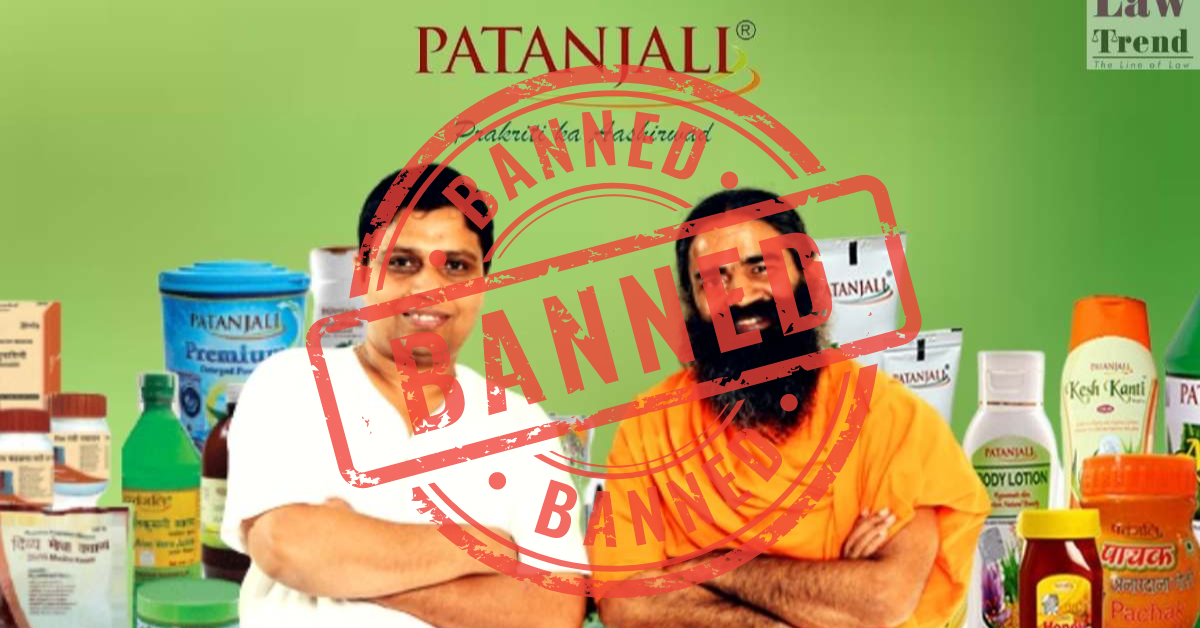In a recent development, the Uttarakhand State Licensing Authority (SLA) has suspended the manufacturing licenses of 14 products manufactured by Patanjali Ayurved ltd. and its sister concern, Divya Pharmacy. The action, taken on April 15, 2024, comes amid a legal battle surrounding alleged misleading advertisements for these products.
The suspended products include popular Patanjali offerings like Sawasari Gold, Sawasri Vati, Drishti Eye Drops, and Madhugrit, among others. According to the SLA, the decision to suspend the licenses stems from concerns regarding advertisements that allegedly make exaggerated claims about the efficacy of these products. These claims, the authority contends, violate the Drugs and Cosmetics Act, of 1945, and the Drugs and Magic Remedies (Objectionable Advertisements) Act, of 1954.
This move by the Uttarakhand government comes after the Indian Medical Association (IMA) filed a petition against Patanjali Ayurved Ltd. and Divya Pharmacy in the Supreme Court. The IMA petition alleges that they make unsubstantiated claims about the curative properties of their products, particularly about ailments like diabetes, respiratory problems, and heart disease.
The Supreme Court, while hearing the case in April 2024, expressed displeasure with Uttarakhand SLA’s inaction against Patanjali. Subsequently, the licensing authority, in an affidavit filed before the court on April 29, 2024, informed the court about the suspension of the licenses and tendered an apology for any “inadvertent and unintentional” non-compliance with the court’s orders.
Also Read: Patanjali Issues Bigger Apology After Supreme Court’s Order
Patanjali Ayurved Ltd has to release an official statement regarding the suspension of the licenses. However, Baba Ramdev, the company’s founder, had earlier apologized to the Supreme Court for publishing “misleading advertisements” and making comments against allopathic medicines.
This development has sparked debate and raised concerns about the regulation of advertising for herbal and ayurvedic products in India. Critics argue that a lack of stringent regulations allows for misleading claims and undermines consumer trust in these healthcare options. The incident also highlights the ongoing debate about the interrogation of traditional and modern medicine in India.
The future course of action remains to be seen. Patanjali may choose to challenge the suspension order or work toward revising its advertising practices to comply with regulations. The Supreme Court’s verdict in the ongoing case will also be crucial in determining the broader implications for the industry.




